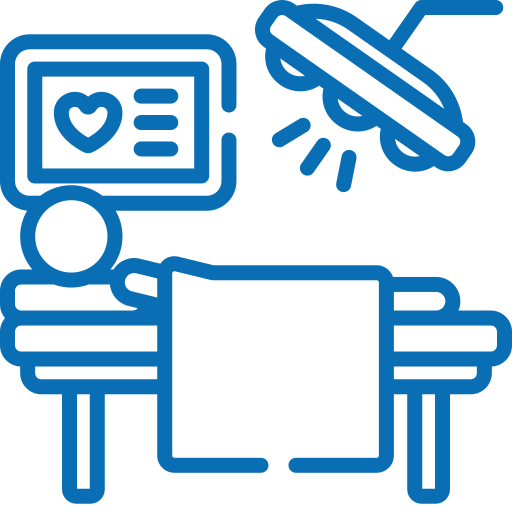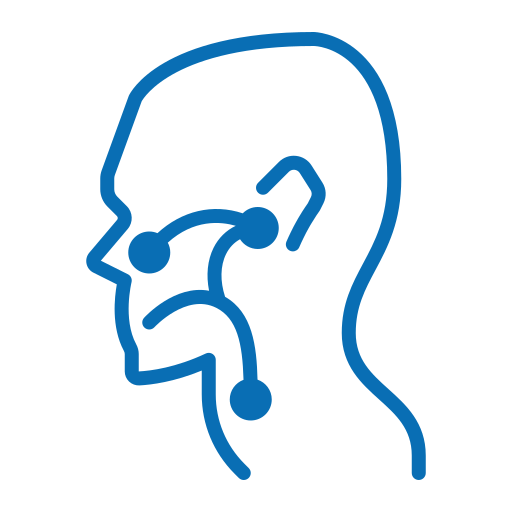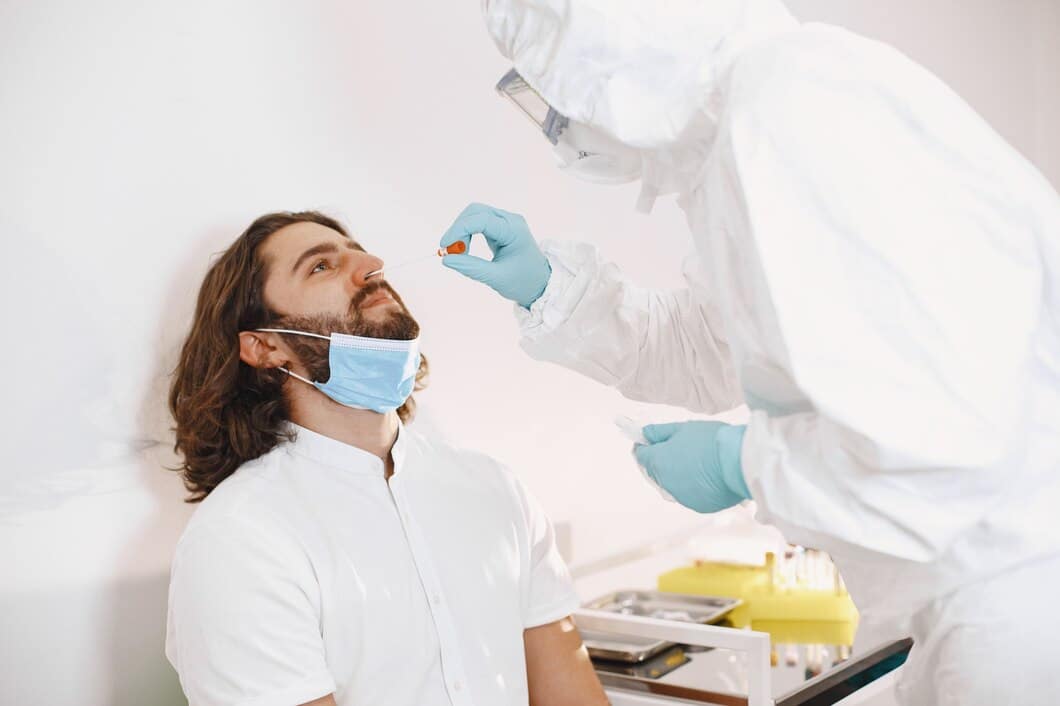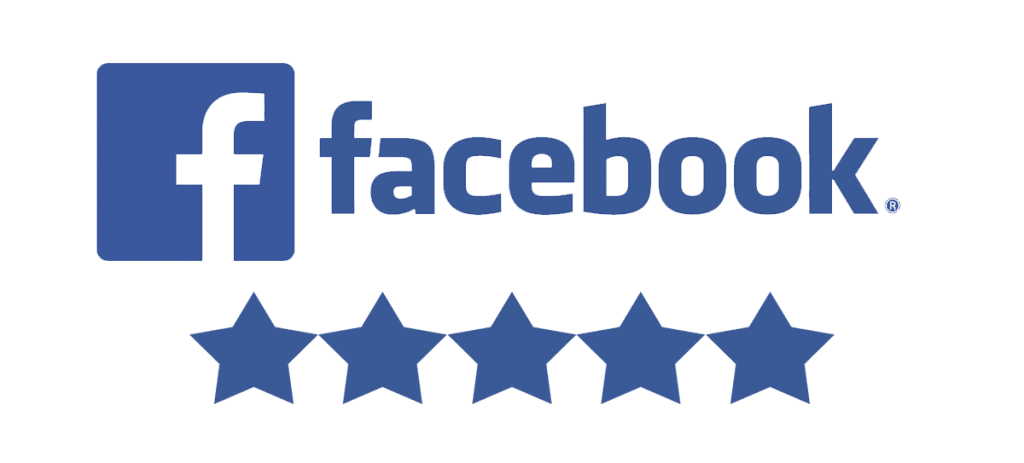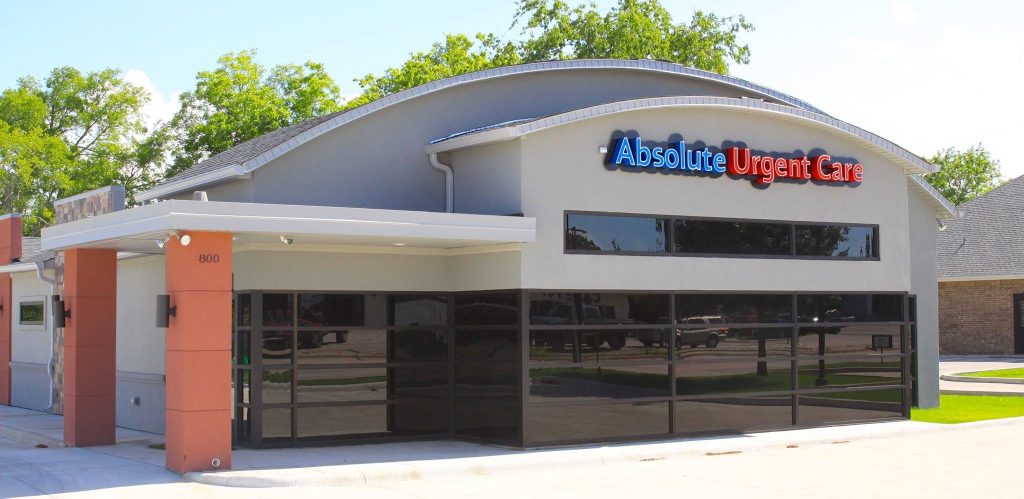Table of Contents
ToggleUnderstanding Direct Primary Care vs. Traditional Care
There are certain decisions patients have to make concerning their health that can affect their health outcomes and financial security in the current healthcare system. Among the two primary types of health care that are gaining popularity include Direct Primary Care (DPC) and Traditional Care, each with its own pros and cons.
What Is Direct Primary Care?
Direct Primary Care otherwise referred to as DPC is a membership based healthcare model where patients pay a monthly fee directly to their primary care physician or clinic. This fee includes many aspects of primary care such as prevention, management of chronic diseases and acute visits. Normally, in DPC the most important feature is the direct financial relationship between physicians and patients by passing routine care provided through insurance companies.
Advantages Of Direct Primary Care:
Inexpensive Treatment: By paying for all visits, instead of charging copays or deductibles like traditional insurance-based healthcare systems, DPC becomes affordable even to individuals who do not have wide-ranging insurance coverage.
Individualized Attention: In this model, patients get more time with doctors during appointments than they do in other forms of primary care making it possible to create individualized treatment plans tailored to the specific problems they have. When focused on the alliance between patient and provider this approach may yield better outcomes.
Convenience: The ability for walk-in appointments as well as same-day communication with doctors over phone, email or telemedicine makes it easy for clients while curtailing wait times.
Whole Person Approach: A DPC doctor must concentrate on providing preventive services so as to detect any underlying medical issues before they become worse resulting in improved quality of life at lower costs over time.
Understanding Traditional Care:
On the other hand, traditional medicine operates under the fee-for-service approach whereby doctors bill insurers or patients directly for each service they provide. Most people understand this system better hence it is universally accepted across different healthcare settings.
Key Features Of Traditional Care:
Insurance Reliance: For instance co-pays, deductibles, and coverage limitations that may hinder a patient from going for medical help are influenced by insurance reimbursement on the side of traditional providers.
Referrals to Specialists: Often times in traditional care settings individuals need their primary care physicians’ referral letters or treatment before they can see a specialist which means there is an extra step involved in accessing specialized healthcare.
Complicated Billing: Providers face complex billing and coding processes under the traditional model of care which can increase administration costs for patients.
Emphasis on Reactive Care: Traditional medicine is effective in managing acute conditions and providing specialized treatments but sometimes it has more reactive rather than preventive approaches towards healthcare.
Choosing The Right Care Model:
When comparing DPC with traditional models of care, one must consider his/her health status, financial capacity as well as personal views on how doctors should relate with patients. Incompatible with those who require extensive medical services that are readily available; instead, this could function better if it were direct affordable and personal. However, if you still want to be close to many consultants with all its advantages then it makes sense to go with the established way although there could be greater outlay as well as more difficult management details.
There are pros to Direct Primary Care compared to Traditional Care, as both seem to be good for different people in the medical field. Therefore, one can be cost-effective and patients can also receive personalized treatment at Absoluteucare, while the other offers a wider range of specialists for example when looking at your health condition.


